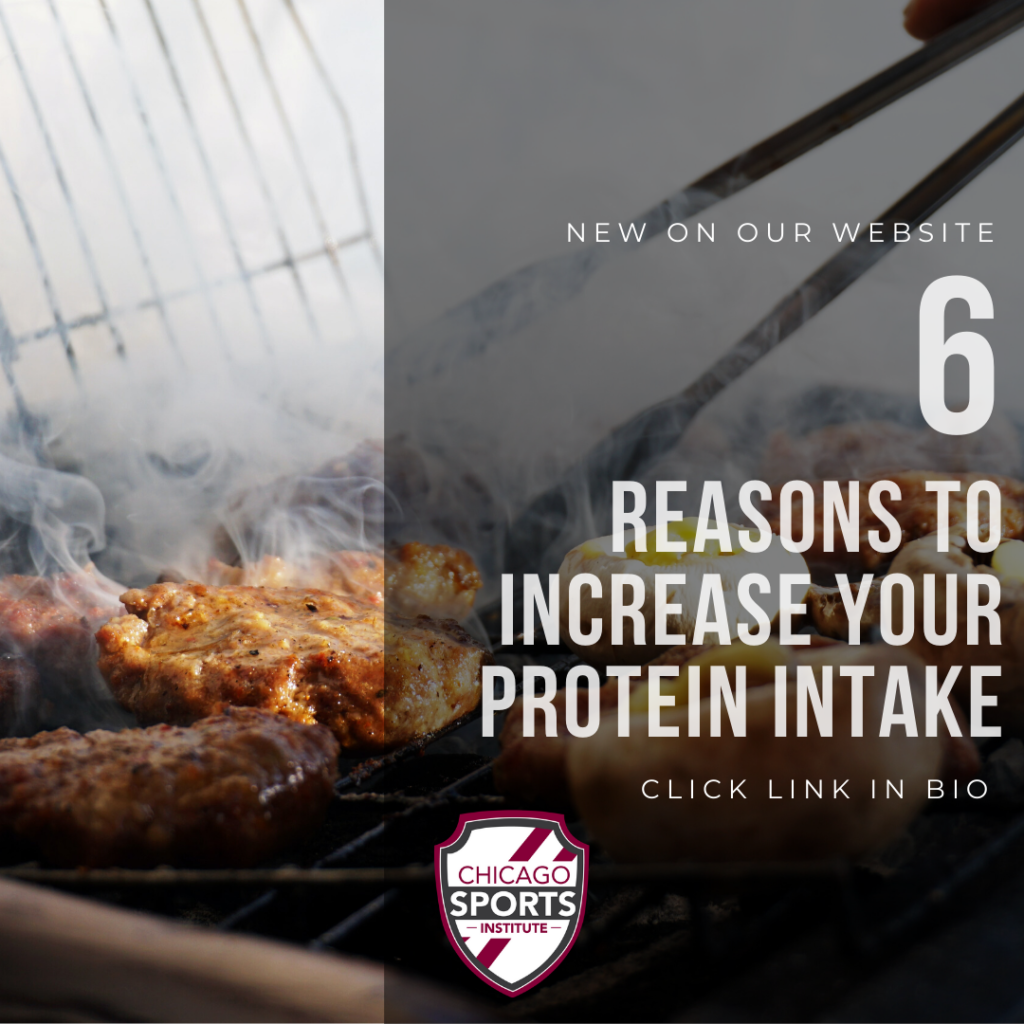
by John Baker
Protein intake is one of those topics that everyone seems to have a different answer on. It is in my opinion that nobody is intentionally misleading you, but rather they are misleading themselves by misinterpreting the evidence and the research available to us at this time. It is my goal here to give an empirical look at the benefits that increased protein consumption can provide, and why you should be interested in such benefits.
- Increased Rate of Fat-Loss While Restricting Calories:
Protein is the most metabolically demanding macronutrient (i.e. carbs, fats and protein). Roughly 35% of the energy it provides goes to simply breaking it down and digesting it, which is about twice as much as carbohydrates, and much, much more than fat. This is because protein has a significantly greater thermogenic effect than any other macronutrient, meaning that a greater proportion of the calories consumed will be burned off as heat than will be available to be deposited as fat. The more thermogenic your body is, the more calories you will burn for a given unit of time, independent of exercise and activity levels. So, if consuming an equal amount of calories from a diet high in protein versus high in carbohydrate or fats, you will actually burn off more calories with the high protein diet, and therefore lose more fat in a given amount of time. - Greater Satiety:
One of the biggest threats to any diet are hunger levels. It’s hard to lose fat when all day long your body is craving more food than you’re giving it. Unlike carbohydrates and fats, protein is unique in its ability to increase satiety and keep you fuller, longer. It can be a bit of trial and error to figure out exactly how much protein you’ll need to curb your hunger, but once figured out it will be a huge tool in achieving your goals. When conducting this trial and error, you don’t need to worry about lowering your carbohydrate consumption and overshooting your protein requirements. Through a process called gluconeogenesis, your body actually has the capacity to convert excess protein into carbohydrates (glucose specifically, hence GLUCOneogenesis). Via this mechanism you can rest assured that your body will produce all the carbohydrates it will need to replenish any depletion that may have occurred during training. Additionally, increased protein intake will not result in adverse kidney health for those who are healthy and do not have any preexisting kidney dysfunction. - Increased Immune Function:
Protein is well known for building and repairing any damaged tissue in the body. A lesser-known quality of protein is that it is actually vital to help fight off viral and bacteria infection. This is because one of proteins key roles is to form enzymes, antibodies and other immune related cells. If you do not consume adequate amounts of protein your body will not be able to support the immune system and your risk of contracting something drastically increases. Additionally, if you have contracted something your body will be expending your current immune related mechanisms, and thus there is an even greater need for protein to replenish and keep up with your diminishing stock. Unfortunately, no amount of Vitamin C or over the counter medication can outshine a lackluster immune system. - Increased Muscle Mass:
Protein is essential for muscle protein synthesis. However, eating a minimal amount of protein, often the amount that is recommended by many, may not actually mean you’ll put on any new muscle. Every second your body is fighting a battle to replace dying tissue with new tissue, and eating the RDA or base recommended amount would only allow you to replace that which is being turned over. If you want to add muscle mass, you need to eat more than what is recommended for basic physiological functioning. A recommended value for such effects would be 1g/lb of body weight. - Increased Strength:
Inadequate protein intake stunts your body’s ability to properly recover from strength training sessions. When this happens your muscles are not given the ability to grow, and your tendons and ligaments are not able to lay down enough new tissue to support greater strength levels. Over time, this can result in greatly diminished results, as well as feelings of fatigue and lethargy in the gym, as well as normal life. - Increased Quality of Life as You Age:
In elderly populations, lack of muscular strength is a leading cause of decreased quality of life and even death. The inability to support one’s own bodyweight as well as support tasks of daily living can result in large reductions of independence. With this in mind, it is imperative to do everything you can now to increase muscle mass and strength to prevent anything to hinder your ability to function as you wish as you age via the aforementioned points. In addition, high protein consumption has been linked to increased cognitive functioning as well as the prevention of some degenerative cognitive diseases as well.
I hope that this has help shed some light as to why you may need to consume more protein. There are some benefits that you can see immediately, as well as several benefits that will manifest later in life. It should also be noted that it is best to rotate your protein sources so that you are getting a vide variety of amino acids for optimal health and performance.
